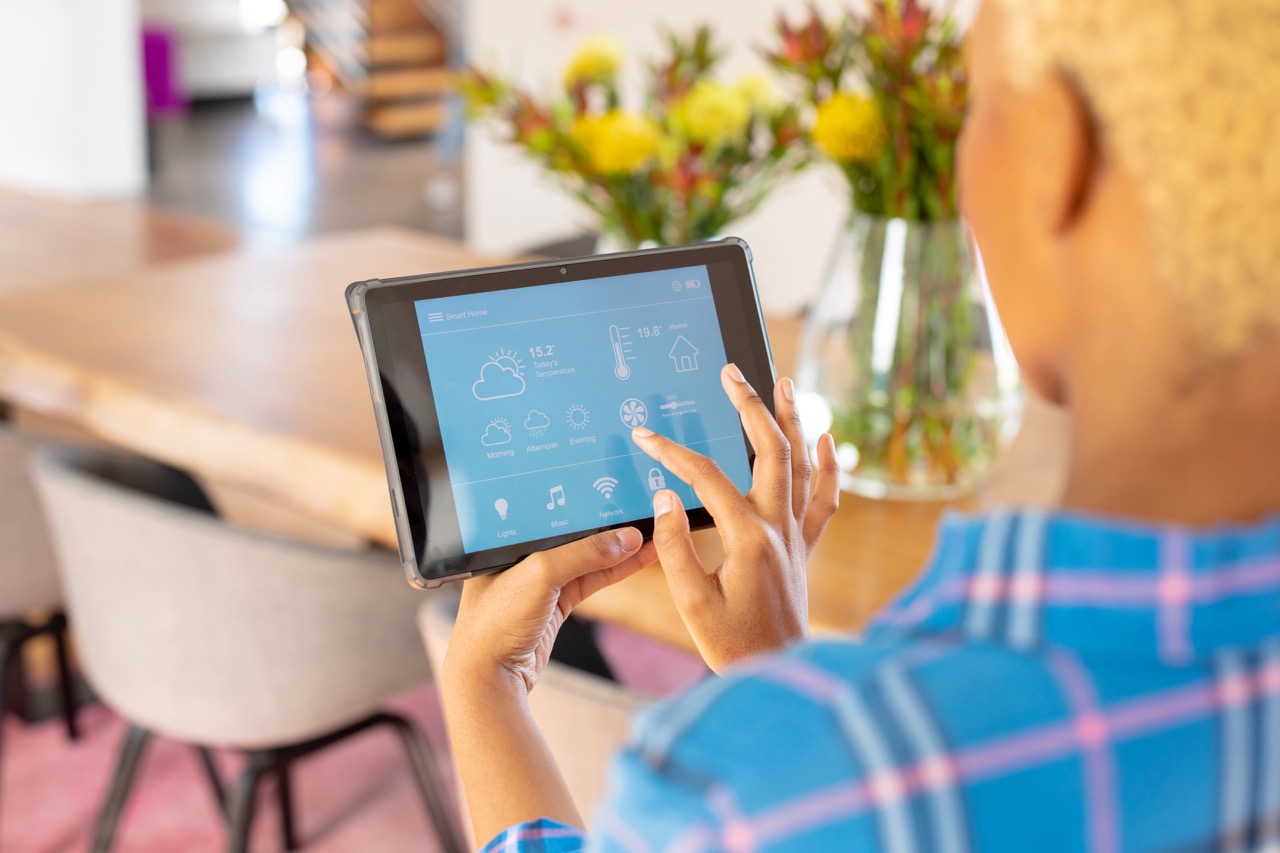In a world where technology and health increasingly intersect, smart devices are revolutionizing the management of chronic illnesses. These tools not only offer convenience but also enhance the quality of life, providing individuals with unprecedented control over their health. As these devices evolve, their impact on chronic disease management is profound, making everyday health management more accessible, accurate, and personalized. In this article, we will explore how smart devices are not just accessories but essential allies in the fight against chronic illnesses.
Evaluating the Impact of Smart Devices on Health
Smart devices, equipped with the ability to track and monitor health metrics, have a significant impact on managing chronic illnesses. By continuously monitoring vital signs such as blood pressure, glucose levels, and heart rate, these devices provide a constant stream of data that can be invaluable for making informed health decisions. This real-time data collection helps in early detection of potential health issues, preventing complications associated with chronic conditions. Moreover, the ability to integrate this information with electronic health records enhances the continuity of care, allowing healthcare professionals to craft tailored treatment plans based on comprehensive data.
The integration of AI and machine learning in smart health devices further amplifies their effectiveness. These technologies enable devices to analyze patterns in health data, predicting potential flare-ups or complications before they become severe. For instance, AI-powered smart inhalers for asthma patients can detect environmental triggers and alert users to take preventive measures. This proactive approach in managing chronic conditions not only improves individual health outcomes but also reduces the overall burden on healthcare systems.
Furthermore, the psychological benefits of using smart devices cannot be understated. For many individuals, the constant uncertainty associated with chronic illnesses can be mentally exhausting. Smart devices provide a sense of control and reassurance, reducing anxiety and improving mental well-being, which is crucial for overall health management.
Why Smart Health Gadgets Are Game Changers
Smart health gadgets represent a significant breakthrough in personalized medicine. Each individual’s health journey is unique, and smart devices cater precisely to this individuality. They allow for customized health monitoring and management plans that are specifically tailored to an individual’s specific needs and conditions. This personalization not only enhances effectiveness but also increases the user’s engagement and compliance with treatment protocols.
The accessibility of smart health gadgets has democratized the management of chronic health conditions. Previously, frequent trips to healthcare providers were the norm for chronic illness management, but smart devices have shifted this dynamic. Now, patients can perform many routine monitoring tasks at home, reducing the need for regular doctor visits, which can be particularly beneficial for those in remote areas or with mobility challenges.
Moreover, the real-time feedback provided by these gadgets empowers patients to take immediate action towards their health. This immediate responsiveness can be critical in preventing the escalation of a minor health issue into a more serious condition. The direct feedback loop not only helps in managing the illness but also educates the user about their health, fostering a deeper understanding and awareness which is pivotal for long-term disease management.
Analyzing User-Friendly Features in Health Tech
The effectiveness of smart health devices heavily relies on their user-friendliness. Devices today come equipped with intuitive interfaces that make complex data understandable for laypersons. For example, glucose monitoring devices display trends and insights rather than just isolated numbers, helping users visualize their health status over time and make more informed decisions about their diet and lifestyle.
Connectivity and compatibility with other devices are also vital. Many smart health devices can connect to smartphones and other smart gadgets, enabling seamless data transfer and integration. This connectivity ensures that all health information is centralized, making it easier for users and healthcare providers to access and analyze it.
Furthermore, the design of these devices often includes features that cater to the specific needs of individuals with chronic illnesses. For example, wearables that monitor Parkinson’s disease are designed to be lightweight, with easy-to-use interfaces and gentle alerts, considering the physical limitations and sensitivities of the users. Such thoughtful design enhancements significantly boost the usability and effectiveness of the devices.
The Cost-Benefit Analysis of Smart Health Aids
While the upfront cost of smart health devices can be a deterrent, the long-term benefits and cost savings are substantial. Regular use of these devices can lead to better disease management, which translates into fewer hospital visits, less medication, and reduced emergency interventions—all of which contribute to significant healthcare savings over time.
Insurance companies and healthcare providers are increasingly recognizing the cost-effectiveness of smart health devices. Many are now offering subsidies or reimbursements for such devices as part of their health plans, acknowledging that the initial investment can lead to better overall health outcomes and lower medical costs in the long run.
Moreover, the cost of technology continues to decrease as innovations and market competition increase. This trend makes smart health devices more accessible to a broader segment of the population, ensuring that more individuals can benefit from personalized and proactive health management.
Success Stories: Transforming Lives with Tech
The real-world impact of smart health devices is best illustrated through success stories. One such example is the use of connected insulin pumps and continuous glucose monitors (CGMs) in diabetes management. These devices have transformed the lives of many diabetics, enabling them to maintain optimal blood sugar levels through more precise dosing and immediate feedback, thereby significantly reducing the risk of complications.
Another success story involves the use of wearable activity trackers that help patients with heart conditions monitor their physical activity and heart rate in real-time. Such monitoring has not only helped individuals adjust their activity levels but has also provided cardiologists with important data to better understand and treat their patients’ conditions.
For those suffering from chronic respiratory conditions, smart inhalers have proven to be a game changer. These devices track inhaler use, remind patients to take their medication, and even monitor air quality to warn against potential triggers. This comprehensive approach to managing respiratory health has improved medication adherence and reduced hospital visits and emergencies.
Future Prospects: The Evolution of Smart Care
Looking to the future, the prospects for smart health management are incredibly promising. Advancements in nanotechnology and the potential for implantable monitoring devices could take chronic illness management to an even more integrated and less intrusive level. These developments could lead to constant, invisible health monitoring that predicts and prevents rather than just managing symptoms.
The integration of smart devices with virtual and augmented reality offers another exciting frontier. This technology could be used for therapeutic purposes, such as in pain management or rehabilitation exercises, making treatment more engaging and effective.
Moreover, as more data is collected from these devices, the potential for personalized medicine will expand dramatically. This vast repository of health data could be utilized to refine treatment plans further and even anticipate the onset of diseases, paving the way for truly predictive healthcare.
In conclusion, smart devices are not just transforming the way chronic illnesses are managed; they are reshaping the entire landscape of healthcare. With their ability to provide personalized, accurate, and real-time health data, these devices empower patients and healthcare providers alike, making health management more proactive than reactive. As technology continues to evolve, the integration of smart health devices into daily life represents a beacon of hope for millions of individuals battling chronic conditions, promising not only to enhance the quality of life but also to extend it.










